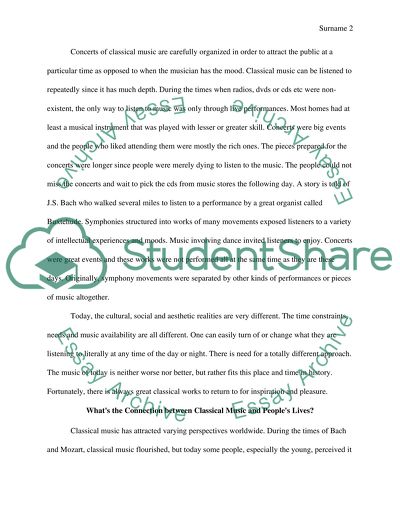Cite this document
(“How Classical Music Infulence Human Lives Research Paper”, n.d.)
Retrieved from https://studentshare.org/english/1493269-how-classical-music-infulence-human-lives
Retrieved from https://studentshare.org/english/1493269-how-classical-music-infulence-human-lives
(How Classical Music Infulence Human Lives Research Paper)
https://studentshare.org/english/1493269-how-classical-music-infulence-human-lives.
https://studentshare.org/english/1493269-how-classical-music-infulence-human-lives.
“How Classical Music Infulence Human Lives Research Paper”, n.d. https://studentshare.org/english/1493269-how-classical-music-infulence-human-lives.


